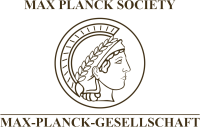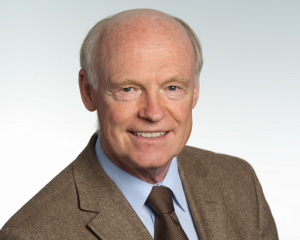● Growth-induced Crises and Transitions in the Governance of Firm Organizations
This paper discusses why organizational growth can cause crises in the governance of firms, how such crises typically unfold, and what options for responding they leave for management. More specifically, focus is on critical growth-induced changes in how the governance of an organization coordinates its members on, and motivate them to contribute to, the pursuit of the common purpose. The unfolding of such crises is shown to be a case of a self- organizing criticality, a unique feature of nonlinear dynamics. Once the crisis has emerged, the cognitive and motivational conditions characterizing the outmoded governance approach constrain the options for making a transition to one that is better suited for the growing number of employees. (Article co-authored with Hagen Worch, published 2023 in the Journal of Economic Behavior and Organization, see publication list for details.)
● Innovative Capitalism Needs Institutional Co-Evolution
The fact that innovative capitalism needs institutional co-evolution has widely been recognized with respect to pro-active institutional adaptations such as rearrangements and safeguards relating to supply chains or the creation of new public institutions. providing indispensable systemic infrastructure. Less attention has been paid to the fact that institutional co-evolution is also necessary where the repercussions of major innovative breakthroughs trigger social tensions and environmental damages or ecological hazards. The present paper explores in an exemplary fashion how the dynamics of innovative capitalism can cause crises which, in turn, call for – usually re-active – institutional adaptations. The first case discussed is the crisis of the global commons, most notable the global climate change. The other case is the recent mass migration crisis. Finally, the options and limitations for making institutional adaptations are briefly outlined for the two cases. (Open article published 2022 in the Journal of Open Innovation, see publication list for details.)
● Evolutionary Economics and the Theory of Cultural Evolution
“Evolutionary economics” is a heterogeneous field of economic research that still lacks a coherent theoretical foundation. Most of the works focus on the dynamics of market competition, technological progress, and economic growth. If the label “evolutionary” is identified with a specific concept at all, this is usually one based on a loose analogy to selection processes in nature. The contribution hardly ever take notice of cultural evolution theory – and vice versa. Yet a dialogue between evolutionary economics and cultural evolution theory may have something to offer. Cultural evolution theory could benefit from the empirical studies and generalizations regarding innovative adaptation processes and the corresponding diffusion dynamics in the economy when it comes to explaining the rapid transformations of human societies in present times. However, as the paper points out, the dialogue would first need to clarify a question traditionally center stage in economic explanations of adaptation processes, but widely neglected in cultural evolution theory: What role does human agency play for understanding the evolution of modern societies? (Article published in Evolutionary Thinking Across Disciplines, Springer 2023, see publication list for details.)
close

